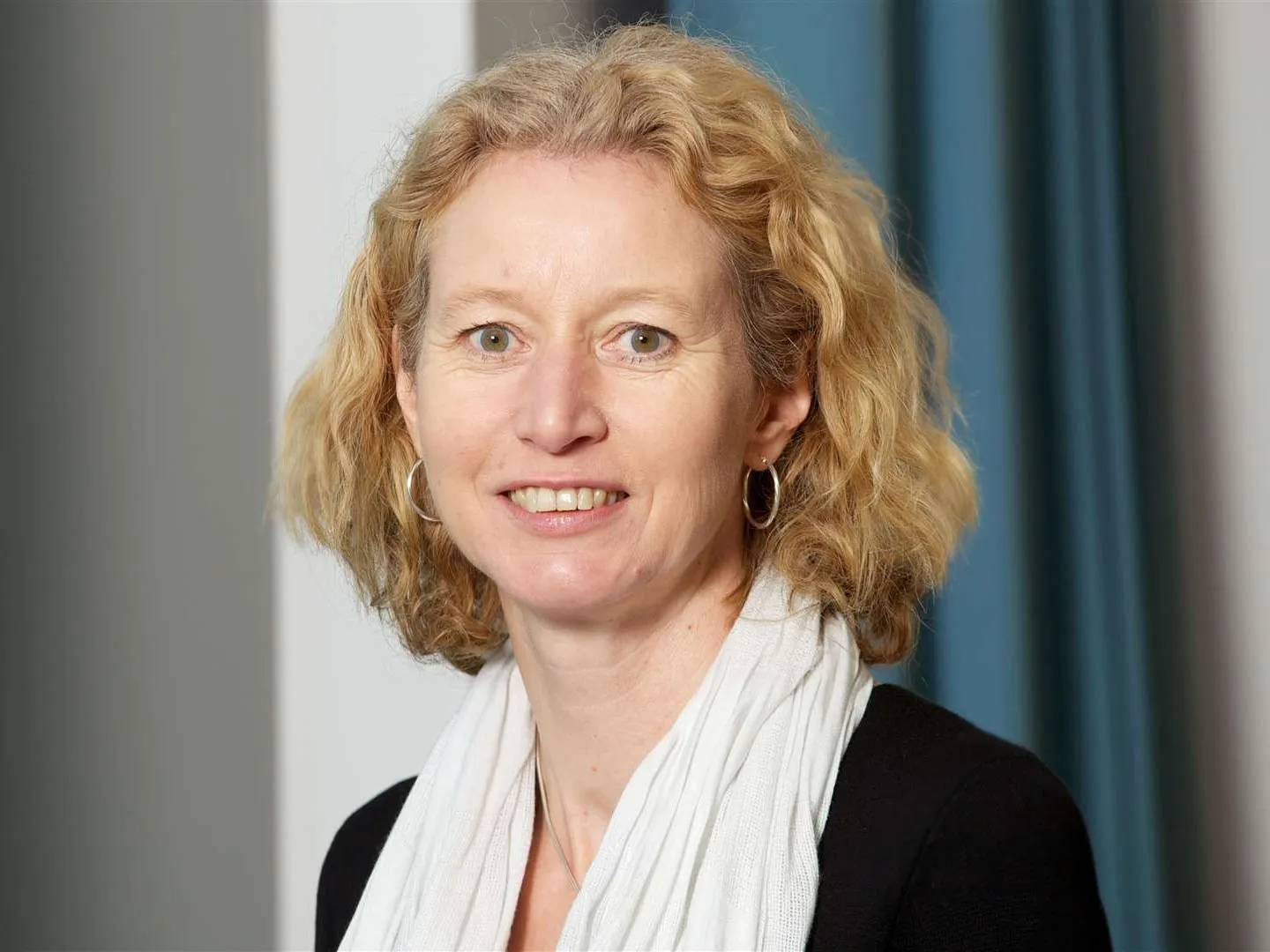

Alchemab, a biopharmaceutical company which identifies and develops naturally occurring therapeutic antibodies from resilient individuals, today announced initiation of a Phase 1 first-in-human study of ATLX-1282. ATLX-1282 was licensed to Lilly in May 2025 as part of an exclusive global licensing agreement, which included a milestone payment to Alchemab following the initiation of the Phase 1 first-in-human study. Alchemab will conduct the first-in-human study for ATLX-1282 and Lilly will lead further development and commercialisation of the therapy. The company also announced a £24m Series A extension financing, bringing the company’s total Series A investment to date to £84m. The round included participation from OVI alongside a blue-chip syndicate of existing specialist investors which includes RA Capital, SV Health Investors, DCVC Bio and Lightstone Ventures and strategic investment by Lilly.
Alchemab’s proprietary, AI-enabled platform is transforming drug discovery by identifying protective auto-antibodies and novel targets from individuals that are naturally resilient to various diseases. The platform operates like a search engine for the immune system, leveraging advanced machine learning models and proprietary data to interrogate the largest database of patient-derived antibodies, known as the DataCube, comprising over 6,000 highly curated patient samples from more than 30 global collaborators across metabolic, immune and neurological conditions.
The additional capital will enable Alchemab to advance ATLX-2847, a wholly-owned program for muscle atrophy derived from the platform, into clinical development. ATLX-2847 is a first-in-class program targeting the prostaglandin pathway. The financing will also support Alchemab to advance highly novel earlier programs for immune and neurological conditions towards clinic, and further expand its AI-enabled, disease resilience-led platform.
This financing follows a separate research collaboration with Lilly announced in January 2025 for the discovery, development and commercialisation of up to five novel therapeutic candidates for neurodegenerative disease.